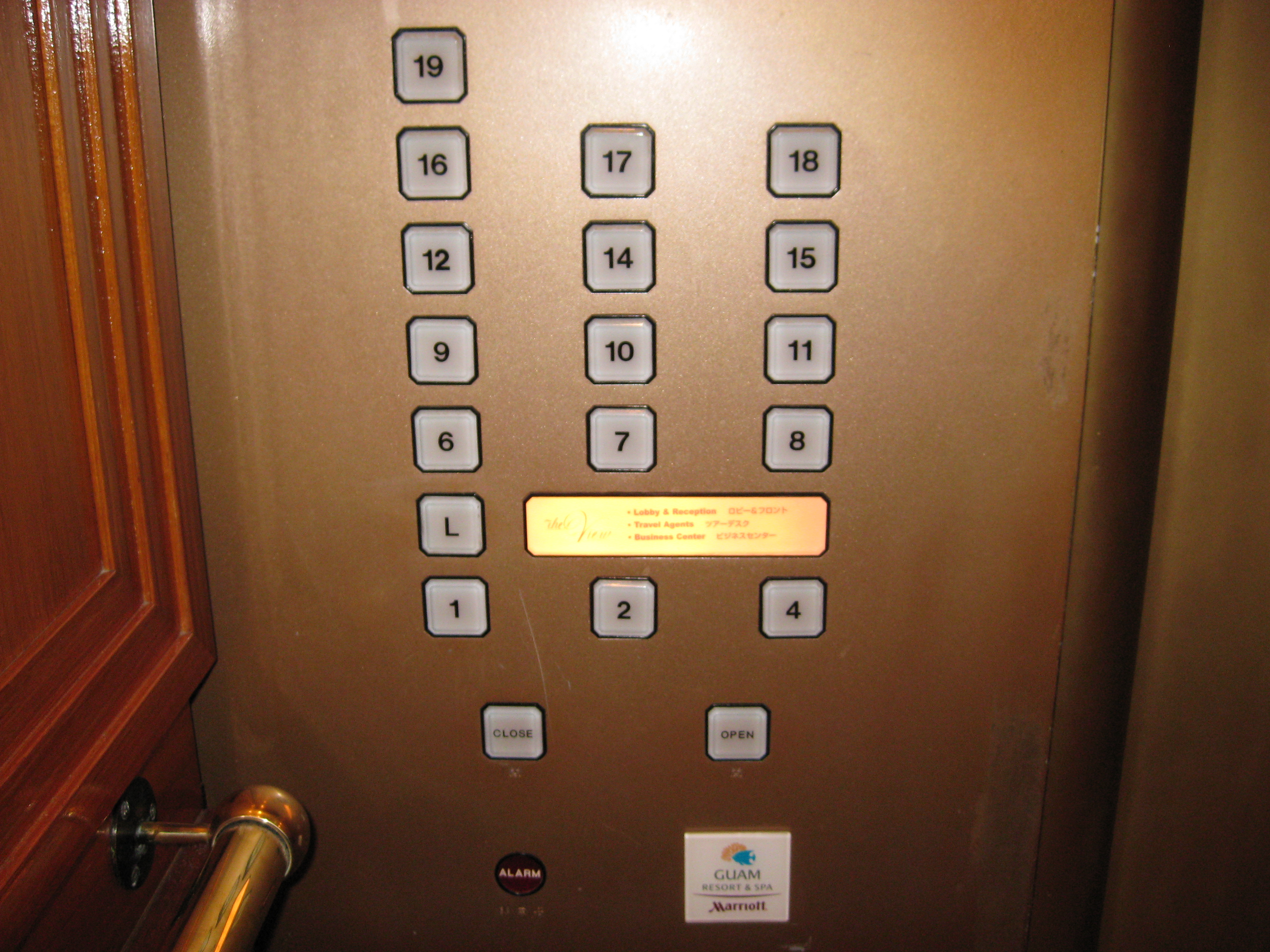Have you ever noticed that when staying at a hotel, the elevator seems to skip straight from the 12th to the 14th floor? It’s not a glitch in the system, nor is it a quirky design choice. It’s a deliberate omission, born out of a superstition that’s been around for centuries. This phenomenon, known as the “missing 13th floor,” is a fascinating glimpse into the enduring power of cultural beliefs and how they can shape even the built environment.

Image: flipboard.com
The absence of a 13th floor in many hotels, particularly in Western countries, is a testament to the widespread belief that the number 13 is unlucky. This superstition, known as triskaidekaphobia, has deep roots in folklore, mythology, and even religious texts. It’s a fear that’s so deeply ingrained in some cultures that it manifests in the physical spaces we occupy.
The Fear of the Number 13: A Historical Perspective
The fear of the number 13 can be traced back to ancient times. In Norse mythology, there was a 13th guest who brought misfortune to a banquet, leading to the death of Odin’s son Balder.
Biblical interpretations also contribute to the fear of 13. The Last Supper, a significant event in Christianity, was attended by 13 people before the betrayal and crucifixion of Jesus.
The 13th Floor: A Global Phenomenon
While the missing 13th floor is primarily associated with Western cultures, triskaidekaphobia is a global phenomenon. Many cultures around the world have their own superstitions and beliefs related to the number 13. In China, for instance, the number “4” is considered unlucky, and many buildings in Chinese cities do not have a 4th floor.
The impact of this superstition can be seen in various aspects of life, from the layout of buildings to the seating arrangements at social gatherings. Hotels, in particular, are often seen as places of respite and comfort, and many hotel owners and managers find it expedient to accommodate their guests’ beliefs by avoiding the number 13 altogether.
Beyond Superstition: A Business Decision
While the fear of the number 13 is a major factor, there are other practical reasons why hotels opt to skip the 13th floor. Real estate value can be influenced by perceived superstition, and some hotel owners feel that omitting the 13th floor may be a wise business decision.
Moreover, avoiding the number 13 can lead to greater efficiency in room numbering. Skipping the 13th floor allows for a more logical and intuitive sequential numbering system, which can be particularly beneficial in larger hotels or those with multiple floors.
/hotel-elevators-NOTTHIRTEEN1017-46f99a1f62ea40b0bc40f54cff03cdf7.jpg)
Image: viewfloor.co
The 13th Floor: A Marketing Opportunity?
More recently, some hotels have embraced the 13th floor superstition, using it as a marketing opportunity. These hotels may leave the number out of their elevator buttons but will still have a 13th floor, albeit labeled as something different, such as “13A” or “14.” It’s a clever tactic to appeal to both superstitious guests and those who are curious to experience the “forbidden” floor.
Some hotels even go further, incorporating the superstition into their theme or design. For example, a hotel might offer a special package featuring “13th-floor experiences” or create an exclusive room on the 13th floor with a particular theme or special amenities.
The Future of the 13th Floor
The debate around the 13th floor is likely to continue, with some clinging to traditional beliefs and others embracing the more modern approach of accepting it as a mere number. As cultures evolve and become more interconnected, global understandings of superstition will continue to shift and change. Whether the 13th floor remains absent or reemerges as a symbol of defiance against superstition, it will continue to be a topic of fascination and intrigue for years to come.
Tips for Travelers
If you are planning a trip and are staying in a hotel, you can always ask about the hotel’s policy regarding the 13th floor. This way, you can be prepared and avoid any unpleasant surprises. If you are uncomfortable with the number 13, you can request a room on a different floor, or even ask for a specific room number.
If you are interested in the history of superstition and its impact on everyday life, consider researching and visiting places that have embraced the 13th floor or have a similar intriguing history. You might be surprised at what you uncover and learn.
FAQ
Q: Are all hotels built without a 13th floor?
A: No, not all hotels omit the 13th floor. Many modern hotels opt to include it, particularly in areas with lower superstition beliefs.
Q: What is the most common alternative to the 13th floor?
A: The most common alternative is to label the 13th floor as the 14th floor. This avoids any potential issues associated with the number 13.
Q: Is it offensive to ask about the presence of a 13th floor?
A: It’s not offensive to inquire about the 13th floor. Hotels understand that some guests may have concerns about this superstition.
Q: Does the 13th floor truly bring bad luck?
A: The belief in the bad luck associated with the 13th floor is a matter of personal belief. It is important to be respectful of those who hold this superstition.
Why Dont Hotel Have A 13th Floor
Conclusion
The absence of the 13th floor in many hotels showcases a deep-rooted cultural belief that still resonates around the world. Whether the superstition is a valid concern or simply an interesting quirk of human psychology, it has undoubtedly influenced the design and labeling of modern buildings. So, the next time you step into an elevator and notice the 13th floor missing, take a moment to appreciate the enduring power of cultural beliefs and their surprising impact on even the most mundane aspects of our lives.
Are you interested in the 13th floor and the cultural beliefs behind its absence? Share your thoughts and experiences in the comments below.






